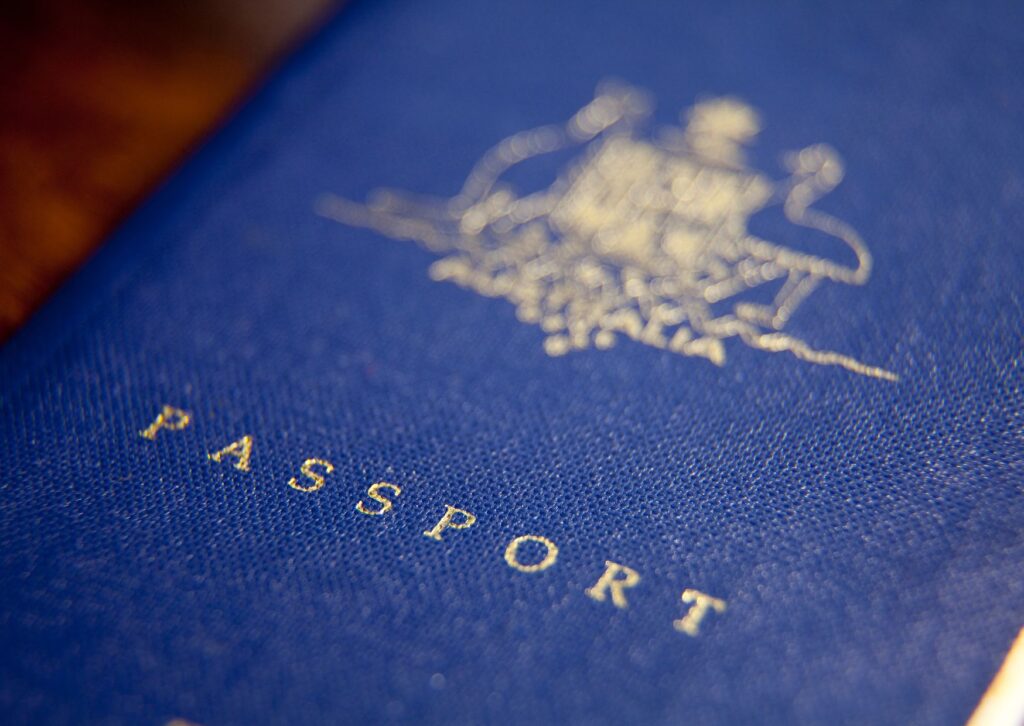It is undeniable that the hospitality industry has historically, and continues to, rely on foreign nationals to fill positions within the labour market, particularly in regions where the local economy relies heavily on the industry (such as the Gold Coast).
Throughout the pandemic, this dependence was acknowledged by the Federal Government and by extension, the Department of Home Affairs. In an attempt to aid in Australia’s post-pandemic economic recovery a variety of concessions, extensions, and pathways have now been introduced, permitting eligible individuals to extend their stay in Australia throughout the pandemic and thereafter.

Temporary Activity visa – Australian Government Endorsed Events (subclass 408) – COVID-19 Pandemic Event
Colloquially known as the ‘Covid Visa’ (despite the subclass itself being in effect well in advance of the pandemic), this stream was only introduced in recent years in response to labour shortages caused primarily by Australia’s ongoing international border closures. The primary goal of the stream appears to be to fulfill positions within ‘key sectors’, with individuals who are employed or have an offer of employment to work in Australia.
To be eligible for this visa, amongst other things, a visa applicant must:
- Be in Australia;
- Have work rights on their substantive visa;
- Have 90 days or less remaining on their current visa, or have a substantive visa that expired no more than 28 days prior to lodgement;
- Have sufficient funds to support their stay;
- Meet the standard health and character requirements;
- Have paid back or entered into a formal agreement for the payment of any debt to the Australian Government; and
- Have not previously had a visa cancelled or refused.
If successful, eligible applicants working in, or with an employment offer to work in, ‘key sectors’, inclusive of the tourism and hospitality industry, will be granted a further stay period of up to 12 months. Presently there is no apparent restriction on applying for subsequent ‘Covid visas’, permitting the applicant continues to meet the relevant visa requirements. Countless applications have been lodged by individuals and employers nationwide who simply cannot fill labour shortages with Australian citizens or permanent resident workers. Marino Law has had first hand experience with this type of visa helping a number of local businesses to address labour shortages within the hospitality industry.
The application itself does not have a visa application charge, which may be a reflection of just how much value the Department of Home Affairs places on the need to keep foreign nationals within these sectors for the foreseeable future.
Changes to Temporary Skill Shortage (subclass 482) and Temporary Work (Skilled) visa (subclass 457)
From 1 July 2022, the Department of Home Affairs introduced an array of concessions to individuals who have been living and working in Australia as the holder of a Temporary Skill Shortage (subclass 482) or Temporary Work (Skilled) visa (subclass 457). Particularly relevant to the hospitality industry which has a number of occupations on the Short-term Skilled Occupation list (‘STSOL’), including Cook, Pastrycook, and Café or Restaurant Manager, is the introduction to a new pathway to permanent residency for individuals who remained in Australia throughout the pandemic and have an occupation on the STSOL.
Prior to the introduction of this exemption, individuals who have an occupation on the STSOL were only able to apply for a subclass 482 (TSS) visa for two (2) years with the option to renew for a further two (2) years before having to seek alternate options to remain in Australia or alternatively, depart. Occupations on the Medium to Long Term Strategic Skills List (‘MLTSSL’) were typically only afforded a pathway to permanent residency by way of the Employer Nomination Scheme (subclass 186) Visa, however, from 1 July 2022 to 1 July 2024, individuals who meet the following criteria may now find themselves with a pathway to permanent residency:
- hold a subclass 482 (TSS) visa or subclass 457 visa granted for an occupation on the STSOL; and
- have been in Australia for at least one (1) year between 1 February 2020 and 14 December 2021.
To be successful, applicants must of course still meet the other requirements of the visa, such as possessing the relevant work experience (typically three years), be of a certain age (typically under the age of 45 years) and have at least a competent English language score (unless an exemption applies).
The introduction of this pathway is not only a reflection of the Department of Home Affairs acknowledgement of the value of individuals who hold occupations on the STSOL to Australian society, but also acts to some degree as a ‘reward’ to those who did remain in Australia throughout the pandemic, rather than returning to their home country.
Skilled Employer Sponsored Regional (provisional) (subclass 494) – Employer sponsored stream
In November of 2019, the Department of Home Affairs (‘Department’) released the Skilled Work Sponsored Regional (Provisional) visa (subclass 494) which also saw an expansion of how ‘Regional Australia’ is defined for migration purposes (now including all of Australia, save for Sydney, Melbourne, and Brisbane).
The parameters of this visa are much the same as the Temporary Skill Shortage (‘TSS’) Visa, however, with a focus on promoting regional skilled migration.
Individuals must, amongst other things:
- Be under the age of 45 years at time of application (unless a relevant exemption applies);
- Be nominated by an ‘approved sponsor’;
- Have at least three (3) years of full-time relevant employment experience;
- Have a positive skills assessment issued by the relevant authority for their occupation classification;
- Have at least a competent English language score (unless an exemption applies); and
- Meet the relevant health and character requirements.
Successful applicants will be granted a visa with a stay period of up to five (5) years, with a prospective pathway to permanent residency available to eligible candidates. Given the recency of the introduction of the visa, the parameters of the permanent residency pathway are not explicitly set out. It is however understood that, permitting an individual has held the visa for a period of no less than three (3) years whilst living and working in ‘regional Australia’ and earning a minimum taxable income of $53,900.00 per annum, there should be an avenue available to them to apply for permanent residency.
Australian migration regulations and laws are everchanging, making it an incredibly complex area to navigate, with the results of taking a ‘wrong move’ having potentially dire impacts on an individuals’ future in Australia. The importance of obtaining qualified advice from an authorised immigration solicitor and establishing a strong migration plan cannot be overrated.
As we move toward the end of 2022 and into the warmer months, the hospitality industry is likely to experience increased demand to fill employment positions. If you are an employer wishing to explore options to employ or sponsor a foreign national, or a skilled migrant wishing to explore their options, Marino Law’s immigration team are ready to help you establish the best available migration pathway for your circumstances.

